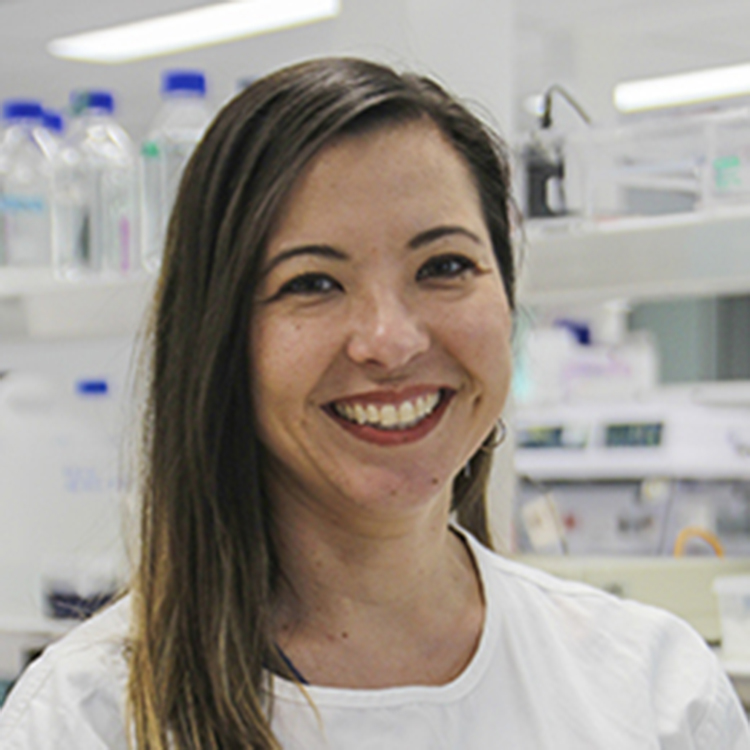Search
Research
Clinical Characteristics and Outcomes of Central Nervous System Tumors Harboring NTRK Gene FusionsTropomyosin receptor kinase (TRK) fusions are detected in less than 2% of central nervous system tumors. There are limited data on the clinical course of affected patients.
Research
SNO-EANO-EURACAN consensus on management of pineal parenchymal tumorsPineal parenchymal tumors are rare neoplasms for which evidence-based treatment recommendations are lacking. These tumors vary in biology, clinical characteristics, and prognosis, requiring treatment that ranges from surgical resection alone to intensive multimodal antineoplastic therapy.
Research
Comments and Controversies in Oncology: The Tribulations of Trials Developing ONC201Our international team highlights issues with efficacy reports in several studies on DMG with the new drug ONC201.
Research
Integrated analysis of miRNA and mRNA expression in childhood MedulloblastomaMedulloblastoma (MB) is the most common malignant brain tumor in children and a leading cause of cancer-related mortality and morbidity.
Research
Integrated Analysis of miRNA and mRNA Expression in Childhood Medulloblastoma Compared with Neural Stem CellsMedulloblastoma (MB) is the most common malignant brain tumor in children and a leading cause of cancer-related mortality and morbidity.
Research
Pediatric meningioma: Current approaches and future directionWith improvement in leukemia therapy, central nervous system (CNS) tumors are the leading cause of cancer mortality in children and the most expensive...


People
Professor Nick GottardoHead of Paediatric and Adolescent Oncology and Haematology, Perth Children’s Hospital; Co-head, Brain Tumour Research Program, The Kids Research Institute Australia
Research
Developing and characterising juvenile models of aggressive paediatric brain cancers for the evaluation of novel immunotherapies.While profound treatment responses have been realised using immunotherapy for some cancer types, this is yet to be seen for paediatric brain cancer patients.
Research
Developing new immune based therapies for neuroblastomaNeuroblastoma is a complex childhood cancer of the nerve cells and the most common solid tumour in children outside of the brain. The average age of diagnosis is 1-2 years and tragically 50% of children with high-risk neuroblastoma lose their battle within five years.
